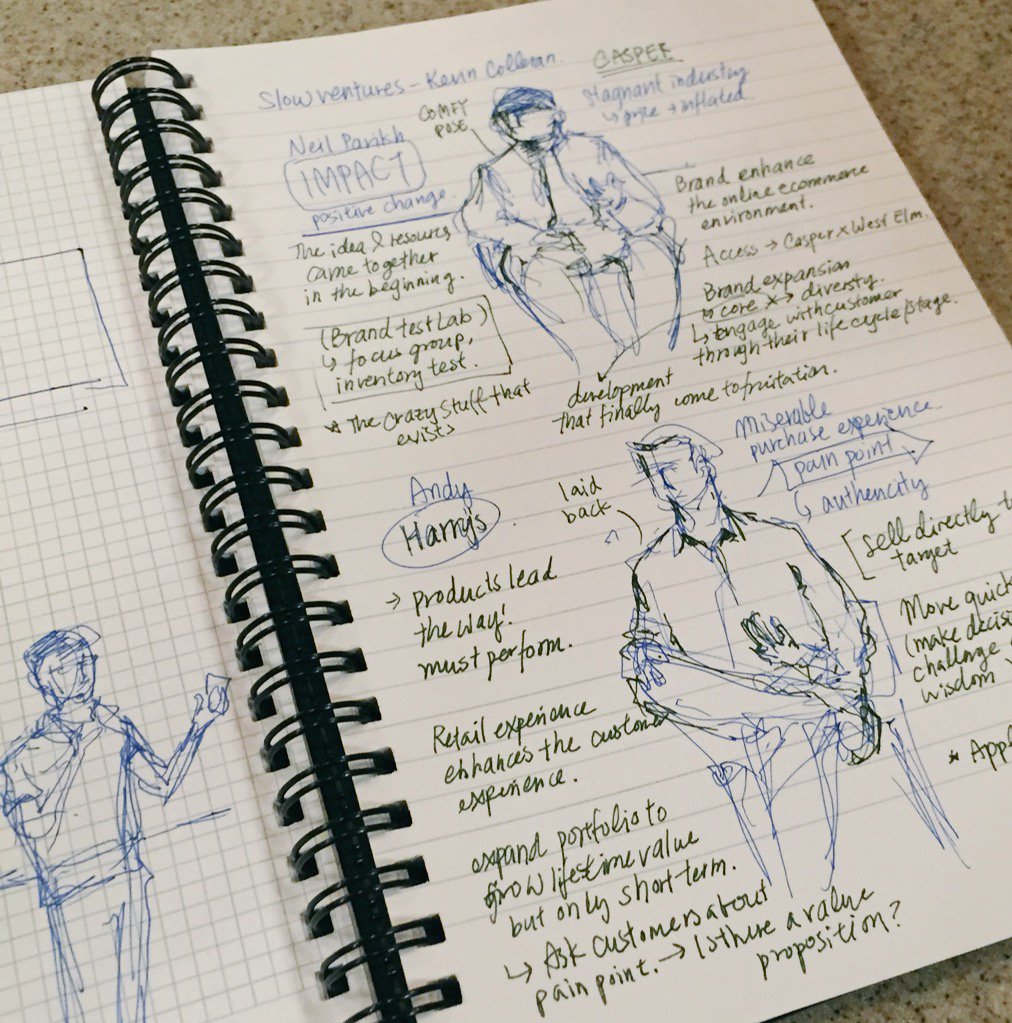Young Innovators Wow Audience at Forbes Under 30 Summit

The Forbes Under 30 Summit continued on October 17 at the Emerson/Cutler Majestic Theatre with new inventions, old relationships, and more tech wizardry.
Show and tell has never been more fascinating. “Show & Tell: Meet the Next Edisons” served to exhibit four mind-blowing innovations and inventions and the geniuses behind them, all under the age of 30. The judges for the panel were renowned tech gurus Alexander Clark, innovation and experiences engineer at HP; David Fialkow, co-founder and managing director at General Catalyst; and Paul Daugherty, chief technology officer at Accenture.
Ashton Kutcher Opens Forbes Under 30’s Tech Stage at Emerson
First up was Sampriti Bhattacharyya, an MIT graduate student and founder of Hydroswarm. Her invention was EVE, a football-sized underwater drone, which would be able to monitor fish and the health of coral reefs, and even help find aircrafts lost at sea. EVE costs less than $1,000 and can operate without the need for a human to control it. Clark thought the invention was a great way to solve a huge problem that society is currently dealing with.
Next up was Dan Corkum, founder of Carbon Robotics, which manufactures robot arms named KATIA for “Kick Ass Trainable Intelligent Arm.” Corkum explained that many industries use robotic arms for various reasons but that they are very hard to use and either require someone to learn a very complicated controller or to hire someone who knows how to use it. KATIA costs less than $5,000; a typical robotic arm costs $25,000 to $100,000. Daugherty wondered if Carbon Robotics should maybe focus on one use for the robotic arms instead of a variety of industries.
Andrew Dalman, CEO of Advanced Bone Technology, Inc., was the third inventor up to bat. ABT’s focus is 3D bone printing. “We’re creating a reliable and customizable platform for medical uses,” said Dalman. Dalman and his team have made it so that the printer can accurately replicate a bone in a way that’s both standardized and customized to a patient.
Benjamin Harvatine’s Jolt Sensor was the final demonstration. Harvatine created a sensor that is places in the headgear of an athlete that can measure the power of an impact to someone’s head. He said 80 percent of concussions go undetected, and Jolt Sensor aims to help fix that problem. The sensor then sends the data to parents or coaches via an app, informing them if it was an impact worthy of medical attention.

Then the stage was cleared and a therapist’s office was set up. Enter Dr. Ruth Westheimer, the famed sex therapist, who, along with moderator Rebecca Jarvis of ABC News, took to the stage to talk about how business partnerships can be keenly similar to a marriage. Their panel “Can This (Business) Marriage Be Saved?” took two pairs of co-founders to talk about their businesses.
Kim Kaupe and Brittany Hodak, co-founders of ZinePak, met in October 2010 and formulated their company in January 2011, which gave them only three months to get to know each other. Then, Hodak moved to Nashville.
“We went from quickie marriage to now we’re in a long-distance relationship,” she said.
“Once a week to see each other on all of your wonderful technologies—once a week is not enough,” said Westheimer. She told Hodak and Kaupe that they have to put in the time and be sure to check back in with her in a few months’ time.
Dr. Ruth’s second patients were twin brothers and co-founders of Athletic Propulsion Labs, Adam and Ryan Goldston. The two had advice to give Dr. Ruth.
“If you’re on the same page, you’re striving for the same goals,” Ryan told Westheimer. “We’ve gone through everything together, so Adam has my best interests at heart.” As for how they solve disagreements, Adam had a simple solution: “Just go with what Ryan says.”
Dr. Ruth warned that there would one day be trouble in paradise. “Business comes first, everything else comes second,” Adam insisted. Said Westheimer, “You better find a partner who agrees with that!”
“Trust in the Sharing Economy,” moderated by Daire Hickey, co-founder of Websummit, brought together Ryan Ozonian, the co-founder and CEO of Dust; Jessica Scorpio, the founder and vice president of marketing of Getaround; and Marcella Sapone, co-founder and CEO of Hello Alfred, to talk about how the “sharing economy” has us trusting strangers with our homes, cars, and personal lives.
Hello Alfred, a household chore company, has been to more than a million strangers’ homes. “We’re the only company in the world that has a key to your home,” said Sapone. “You have to believe in good people to run businesses like this.”
Scorpio, who is the cofounder of Getaround, the “Airbnb for cars,” agreed with Sapone. “Getaround has real-time identity verification and requires that renters have Facebook accounts, which can give access to information and connections,” said Scorpio.
Ozonian’s company, Dust, relies on the safety and security of his invention to gain consumers. Dust is a non-permanent messaging system that claims to be the only messenger where communications are not saved in permanent storage. “It’s important to tell your customers that they can trust you and prove it,” he said. “We’ve been subpoenaed about 14 or 15 times, and all we do is hand back a blank sheet of paper.”
The Tech Stage continues on October 18 with panelists such as Deepak Chopra, Ian Cinnamon, Liz Wessel, Madison Maxey, and Neil Blumenthal. Check back for coverage.
Categories